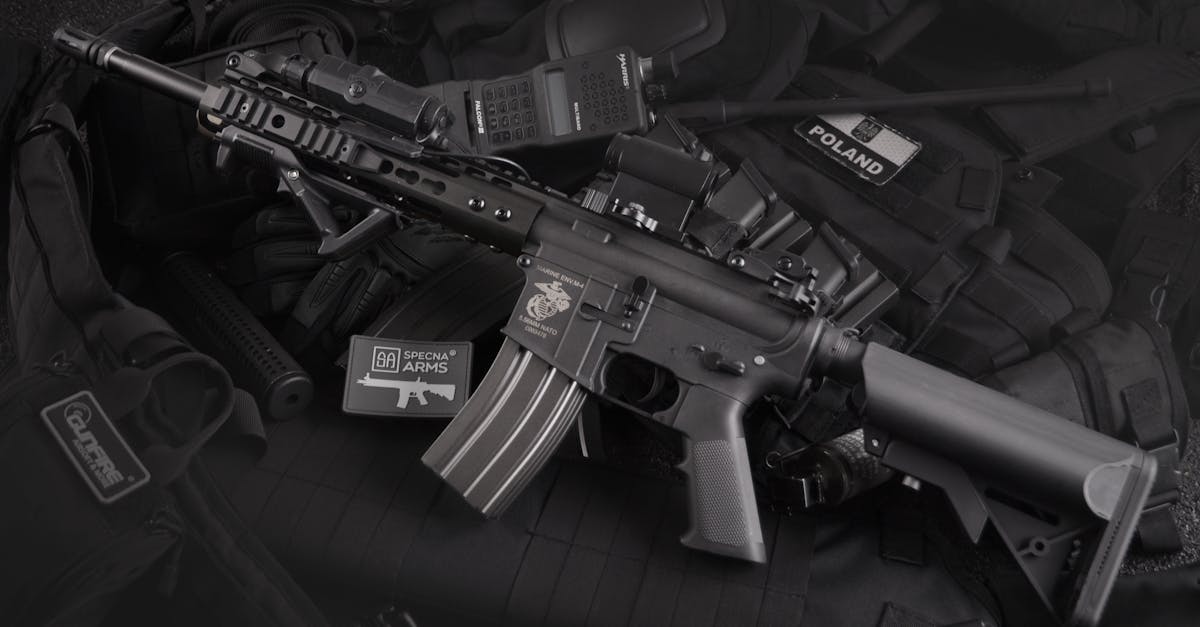
Caribbean nations are grappling with a surge in violence fueled by illegally trafficked firearms from the United States, with record-breaking murder rates reported across the region.
In the Turks & Caicos Islands, police and soldiers recently conducted a sweep in response to a record 40 killings so far this year. During an operation on October 30, officers witnessed a driver attempt to evade them by tossing a handgun into the bushes.
“We remain committed to disrupting the flow of illicit guns,” said Police Superintendent Jason James, underscoring the regional struggle against a steady flow of firearms into the Caribbean.
This issue is widespread; the Caribbean has some of the world’s highest national murder rates, particularly in Trinidad and Tobago and the Bahamas, where guns fuel escalating violence. The situation has become severe enough that New York Attorney General Letitia James and other U.S. officials recently urged Congress to take steps to prevent the sale and smuggling of U.S. guns into the region.
To help address the crisis, the U.S. government appointed a Caribbean firearms prosecutor in mid-2023. The Bureau of Alcohol, Tobacco, Firearms and Explosives (ATF) has already begun tracing firearms seized in Caribbean nations like the Bahamas, Jamaica, and Trinidad and Tobago, with handguns and semi-automatic pistols making up the majority of confiscated weapons.
The influx of weapons, often disassembled to avoid detection in shipping containers, has worsened the security situation. Michael Jones, executive director of the Implementation Agency for Crime and Security for Caricom, noted that despite increased security at Caribbean ports, smugglers find creative ways to bring in firearms.
Homicides across the region have become more brazen, with daytime shootings and the use of higher-caliber weapons. In Trinidad and Tobago, killings have skyrocketed, with the death toll now reaching 518 people. The government has responded by proposing laws to ban assault weapons, yet violence continues to escalate, often drawing innocent bystanders into the crossfire.
One recent victim was a four-year-old boy in Trinidad, who was shot outside his preschool, while in the Bahamas, a man was shot while holding his infant child. With an increase in privately manufactured firearms from 3D printers, regional experts warn that criminal shootings are growing more lethal.
Caribbean leaders, including Jamaican Prime Minister Andrew Holness, have voiced concerns about the violence. In Jamaica, one of the highest homicide rates in the world has prompted anti-gang laws to curb violence. The Turks & Caicos Islands have also enacted a new law allowing leniency for informants providing crime-related information.
Police in the region, including St. Kitts and Nevis Police Commissioner James Sutton, are calling on the U.S. to take action. “We’re asking the U.S. to do more,” Sutton said, as his country grapples with a homicide rate nearing record levels.
Haiti, meanwhile, is especially vulnerable, with gangs controlling 85% of Port-au-Prince, the capital. A recent United Nations report emphasized that arms trafficking into Haiti, often facilitated by family or social networks, continues unimpeded despite a UN embargo.
Without substantial action to stem the illegal flow of firearms from the U.S., the Caribbean faces ongoing challenges in restoring peace and stability across the region.
(Sources: news agencies)



A big thank you for your post.Much thanks again. Great.